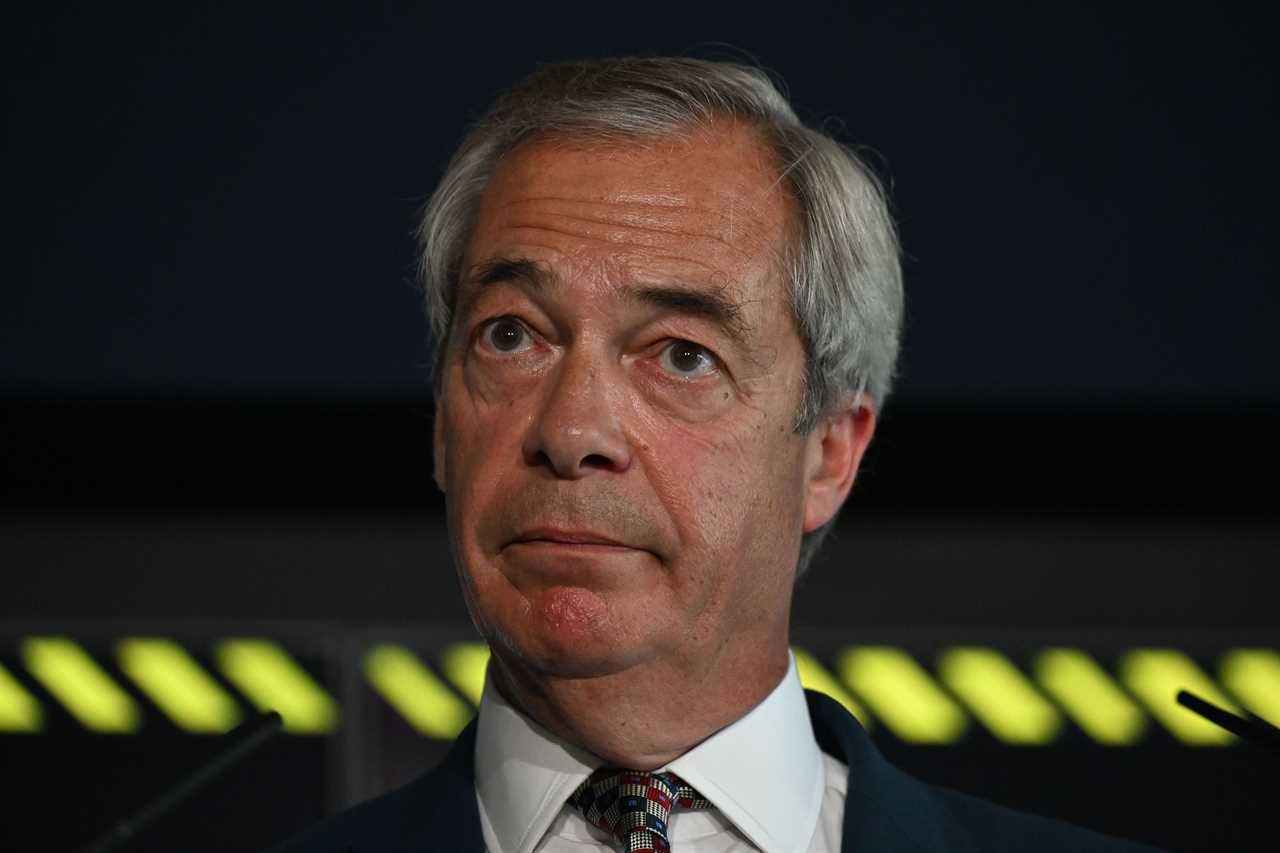
In a political landscape marked by seismic shifts, a controversy has emerged as Labour rejected Nigel Farage's appeal for Reform representation in the House of Lords. Despite leading national polls with just four MPs, Farage's plea for Reform seats was met with resistance from Labour leader Sir Keir Starmer, who holds the power to appoint peers. This clash underscores deeper questions of democratic fairness and the evolving nature of British politics, as calls for reform collide with traditional power structures.
Challenging the Status Quo: Farage's Push for Reform
Farage's call for Reform peers in the House of Lords comes at a time when the British political landscape is undergoing significant transformations. With a growing demand for change and a desire to address democratic disparities, Farage's push for a reformed upper chamber reflects broader societal aspirations for a more representative and accountable political system. His vision of an elected chamber akin to the US Senate challenges the entrenched norms of the House of Lords and raises fundamental questions about governance in the UK.
The Power Play: Dynamics of Appointments and Opposition
Amidst the rigging row, the dynamics of House of Lords appointments reveal intricate power plays within the UK political sphere. While Prime Ministers hold the final say on such appointments, granting opposition parties peerages is a customary practice. However, the refusal to grant Reform representation has sparked accusations of unfairness and elitism. The clash between traditional party structures and emerging political forces highlights the tension between established institutions and calls for change.
Democracy vs. Establishment: The Battle for Influence
The debate surrounding House of Lords appointments encapsulates a broader struggle between democratic principles and entrenched establishment interests. Farage's assertion that Labour is rigging the system against the Reform party underscores a deeper conflict over power, representation, and the legitimacy of political institutions. As traditional parties navigate the demands for reform and the pressures of maintaining the status quo, the tension between democratic ideals and establishment practices comes to the fore.
As the discourse around House of Lords appointments continues to unfold, it illuminates the complexities of British politics in an era of profound change. The clash between Farage's call for Reform representation and the resistance from established parties reflects a deeper struggle for the soul of democracy in the UK. In navigating these tensions, the path towards a more inclusive and responsive political system remains a critical challenge, one that requires a delicate balance between tradition and transformation.






